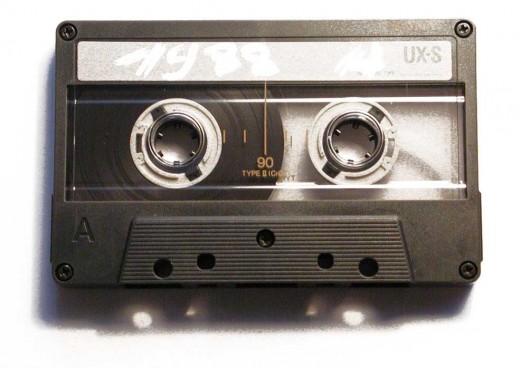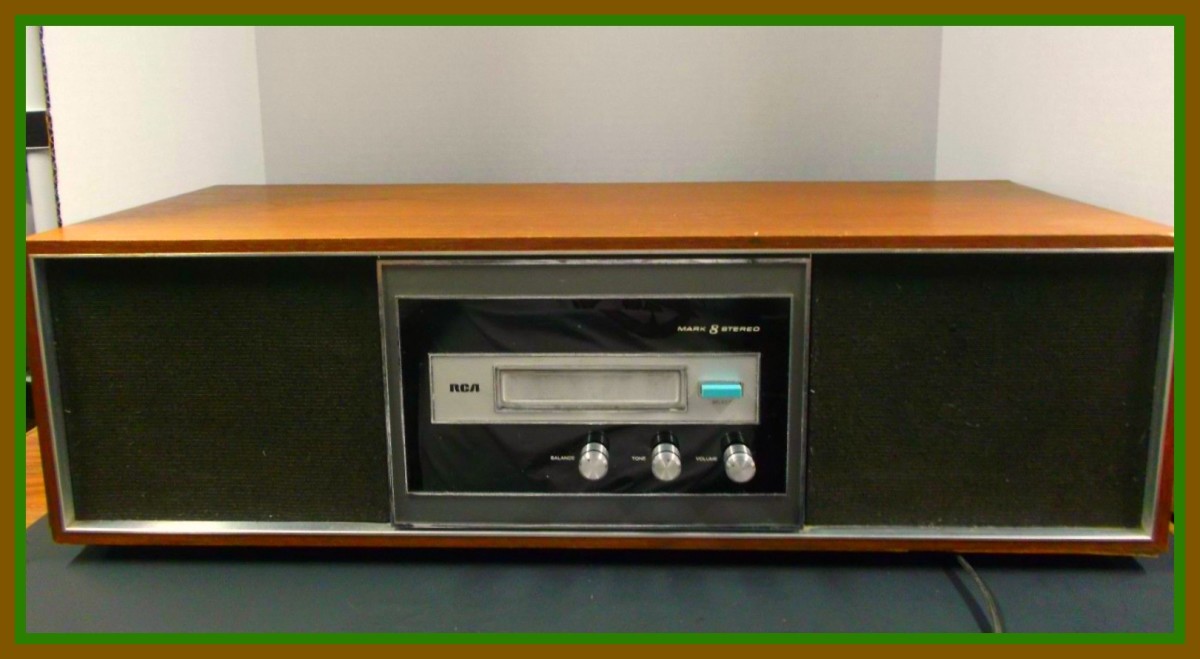The rise and fall of the Cassette Tape
How it all started
The Cassette tape was first invented by Phillips Company in the Netherlands in 1962. The next year the United States started to sell cassette tapes with a dictation on them to be put into a Norelco Carry-Corder machine. Phillips had no idea at the time that people would want to use the blank tapes for audio recordings.
The real era of Cassette tapes started in 1971 when Advent came out with a model that combined Dolby noise reduction and chromium dioxide tape, with a special mechanism made by 3M. This is when the tapes started being heavily used for musical purposes.
Cassette Tape

In the 1980s the Cassette tape grows even bigger.
During the 1980s the cassette tape grew even bigger. The Sony Walkman was developed, a small device that could play the cassette tape. Pocket recorders were also developed, a device that you could press a button and it would instantly record it onto the tape you had in the recorder. During the 1980s, with the help of these devices, the cassette tape started outselling records. They were easier to carry, cheaper, and the sound quality was just as good.
The decline
Everything that goes up must come down. After reaching it's peak in the late 1980s, early 90's, the cassette tape started to lose popularity when the CD, or "Compact disc" came out. By 1993, Cd's were already outselling cassette tapes. The decline was so bad, that by 2000, only four percent of music sold was sold by cassette tape. Major music labels stopped having their music put on cassette tapes.
Here's just how low sales dropped.
- 1990: 442,000,0000 cassettes sold
- 2007: 274,000 cassettes sold
- 2009: 34,000 cassettes sold
What cassette tapes are still used for today
Cassette tapes are still used for some things. In most cars there are slots where cassette tapes can be played. Blank cassettes are still used for recording by some people, but most have moved onto Cd's. Audio books are still made on cassettes.
Is the CD to follow?
Will the Compact Disc, or CD, follow in the cassette tape's footsteps? With many people switching to MP3 players and Ipod's, who knows?
I don't think that Cd's will ever get as low as the cassette tape did. Sure, an MP3 player can give you all the songs you want, but CD's are cheaper and you don't need a internet connection to listen to a CD.





